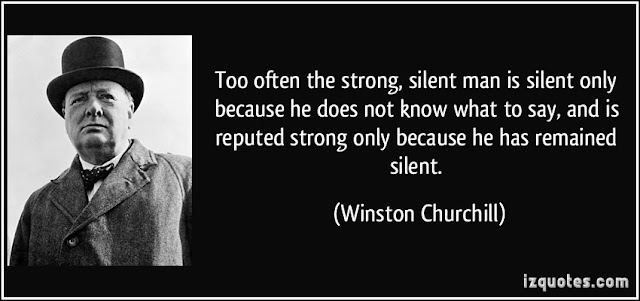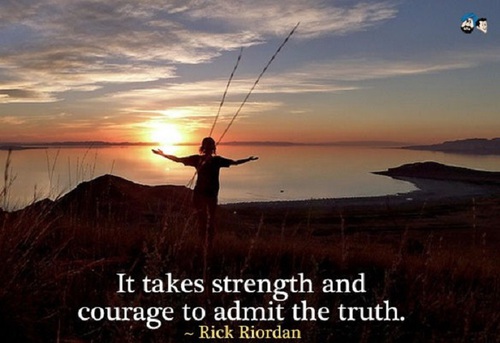Labour Uncut "pants on fire" attack on Corbyn
Ted Heath used to say "I do not often attack the Labour party. They do it so well themselves." There's a real corker of a red-on-red attack on the "Labour Uncut" website this evening, " Labour leader leaves national television interview with pants on fire ." It's about Jeremy Corbyn's interview with Andrew Marr on Sunday. It also makes some important points (which ought to act as a warning to people across the political spectrum) about how the "Fake News" narrative has damaged democracy by becoming a "get out of jail free card" for people who've been caught lying. Here is an extract from what the author of the piece, Rob Marchant, has to say about Corbyn's interview: " While the Guido Fawkes blog is hardly staffed by friendly Labour supporters, it is difficult to argue against the following conclusions they made: Corbyn says he took money from PressTV “a very long time ago” (it was 2012, onl











